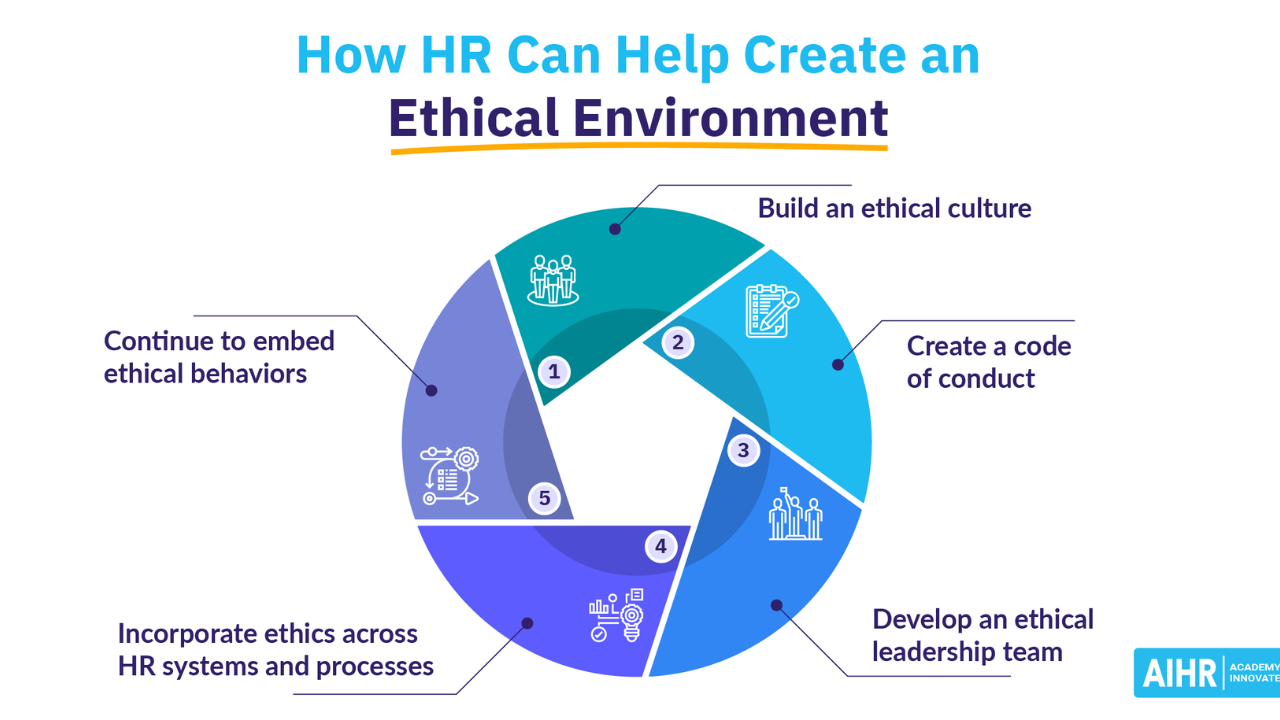
Introduction
In every democracy, the judiciary serves as a critical pillar of governance—resolving disputes, interpreting laws, and safeguarding rights. But this authority comes with a heavy burden: public trust. At the core of that trust lies judicial ethics—a framework that ensures accountability, integrity, and impartiality in public office. This article explores how a robust ethical framework within the judiciary preserves judicial integrity, strengthens institutions, and protects the rule of law.
What Is Judicial Integrity?
Judicial integrity refers to the adherence of judges and judicial officers to moral and legal standards in their professional conduct. It forms the moral compass of the judiciary and is central to maintaining legitimacy and public confidence.
Key Characteristics of Judicial Integrity:
- Impartial decision-making
- Transparency in reasoning
- Resistance to corruption and influence
- Consistency in ethical behavior
- Commitment to constitutional values
Why Ethics Matter in Public Judicial Office
Judges are often the final arbiters of justice. Their actions can change lives, influence national policy, and redefine civil liberties. When ethical lapses occur, it doesn’t just affect individual cases—it undermines the credibility of the entire judicial system.
Benefits of Ethical Conduct in Judicial Office:
- Public Confidence: Ethical behavior fosters respect for judicial outcomes.
- Rule of Law: Prevents abuse of power and ensures equality before the law.
- Legal Consistency: Ethics promote fair application of the law across cases.
- Institutional Independence: Shields courts from political or personal interference.
Core Principles of Ethics in Judicial Office
- Independence
Judges must be free from external pressures—political, financial, or social—while deciding cases. - Impartiality
Decisions must be made without personal bias or favoritism. - Integrity
Judges must demonstrate honesty, uprightness, and moral character in all public and private dealings. - Propriety
Conduct in and out of court should reflect the dignity of judicial office. - Competence and Diligence
Judges must apply the law expertly and efficiently, managing time and resources responsibly. - Accountability
While independent, judges must remain answerable to ethical norms and procedural safeguards.
Frameworks That Guide Judicial Ethics
International and national bodies have proposed clear ethical codes and frameworks to guide conduct in judicial office.
| Framework / Guideline | Description | Jurisdiction / Body |
|---|---|---|
| Bangalore Principles (2002) | Universal principles for judicial conduct | United Nations / Global |
| Restatement of Values (1997) | Indian judicial ethics resolution | Supreme Court of India |
| Code of Conduct for US Judges | Binding ethics code with enforcement procedures | Judicial Conference of the US |
| Latimer House Guidelines | Principles for Commonwealth judiciaries | Commonwealth Secretariat |
| Magna Carta of Judges (2010) | European ethical charter for judges | Council of Europe |
Overview Table: Ethical Focus Areas and Solutions
| Ethical Focus Area | Risk of Breach | Example Misconduct | Recommended Safeguard | Outcome of Reform |
|---|---|---|---|---|
| Independence | Political manipulation | Rulings influenced by executive | Security of tenure and appointment | Strengthened institutional autonomy |
| Impartiality | Personal bias or conflict of interest | Favoring known individuals in cases | Mandatory recusal and disclosure | Fairer and balanced decisions |
| Integrity | Corruption or moral compromise | Accepting gifts or bribes | Internal audits and ethics panels | Improved judicial credibility |
| Propriety | Public misconduct or inappropriate acts | Inflammatory public remarks | Conduct training and social guidelines | Respect for judicial dignity |
| Accountability | Immunity misused | Repeated unethical judgments | Independent complaints mechanism | Transparent redress and discipline |
| Competence | Legal ignorance or negligence | Delayed or poorly reasoned verdicts | Continuing legal education | Efficient and sound judgment |
Mechanisms for Ensuring Judicial Ethics
- Ethics Training Programs
Regular orientation sessions for judges on new legal developments, ethical dilemmas, and conduct standards. - Judicial Oversight Bodies
Independent commissions or judicial councils empowered to investigate and discipline ethical violations. - Transparent Appointment and Promotion
Clearly defined, merit-based systems reduce nepotism and political interference in judicial careers. - Public Declaration of Assets
Helps in identifying and preventing disproportionate wealth or corruption. - Anonymous Whistleblower Channels
Encourages insiders to report unethical conduct without fear of retaliation.
Case Studies: Reform in Action
| Country | Reform Implemented | Notable Outcome |
|---|---|---|
| South Korea | Digital docket and judgment portal | Enhanced transparency and reduced case bias |
| Brazil | Judicial anti-corruption drive | Conviction of high-profile political actors |
| UK | Judicial Appointments Commission reform | More diverse and merit-based selection |
| Philippines | Code of Judicial Conduct enforced stringently | Public trust improved post-ethical scandals |
| Kenya | Judge vetting and retraining process | Improved performance and reduced misconduct |
Common Ethical Challenges and Solutions
- Challenge: Influence from political or business groups
Solution: Independent tenure and legal immunity from political threats - Challenge: Lack of transparency in decisions
Solution: Public access to court records and mandatory explanation of verdicts - Challenge: Inadequate enforcement of ethical codes
Solution: Empowered judicial ethics committees with disciplinary authority
Conclusion
Ethics in public office—especially in the judiciary—is not optional. It is a requirement for justice, a safeguard against tyranny, and the foundation for democratic governance. A robust ethical framework, backed by training, monitoring, and accountability, can ensure that judges live up to the expectations placed on them. Judicial integrity is not just about individual behavior—it’s about preserving the sanctity of the law itself.
Top 3 One-Line FAQs
Q1: What are the core values of judicial ethics?
A: Independence, impartiality, integrity, propriety, competence, and accountability.
Q2: Why is judicial integrity essential in public office?
A: It ensures fair justice, maintains public trust, and prevents abuse of legal power.
Q3: How can ethical misconduct in judiciary be addressed?
A: Through independent oversight, transparency, and enforceable codes of conduct.

